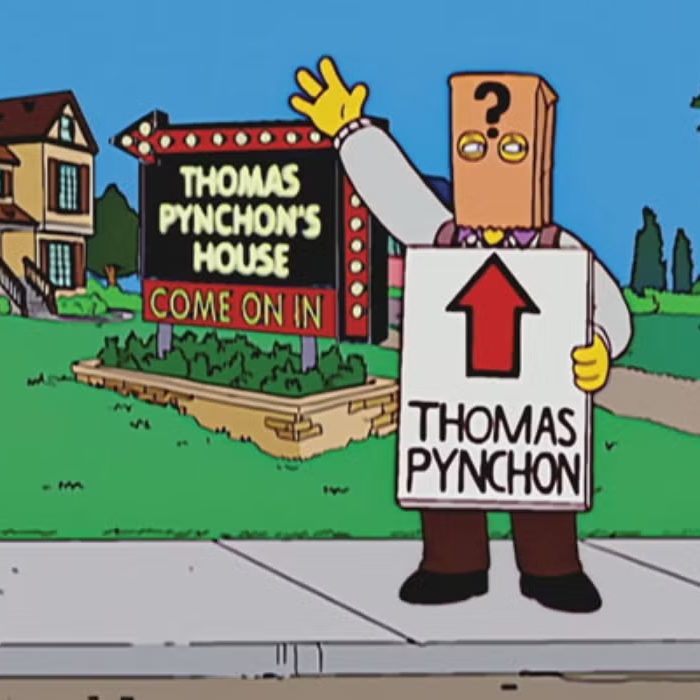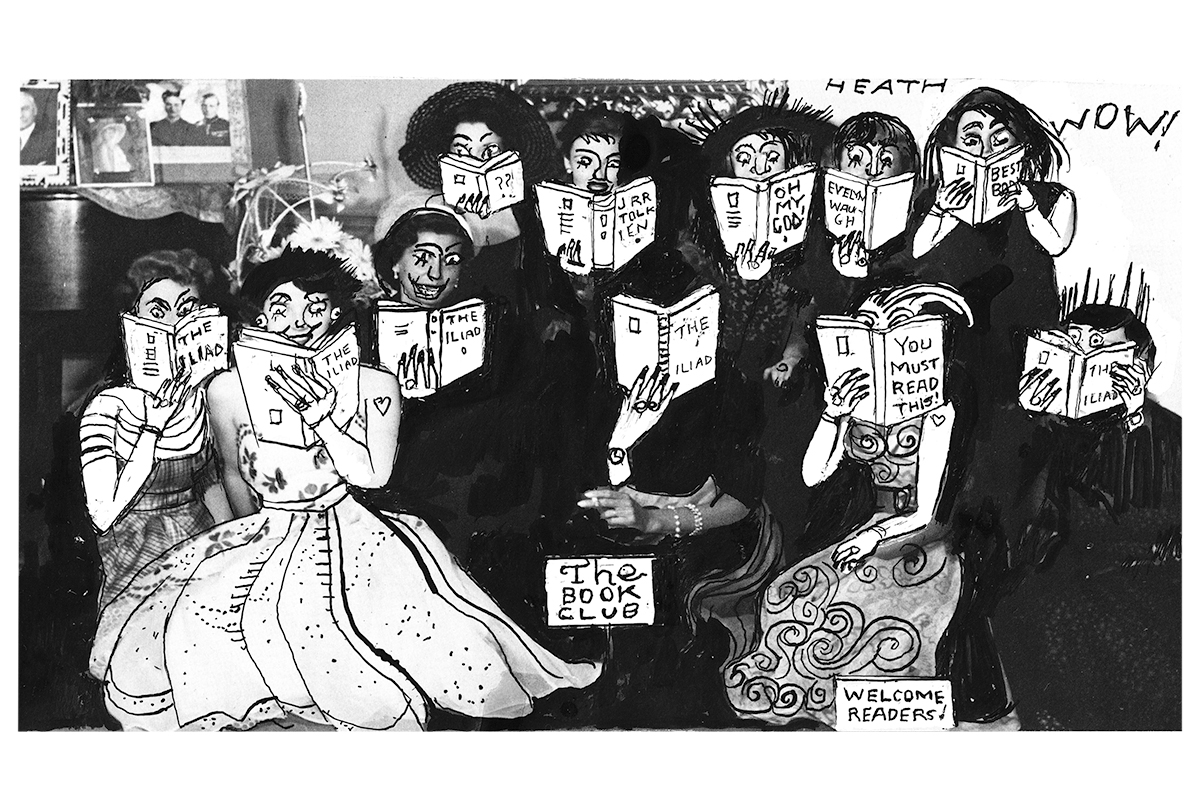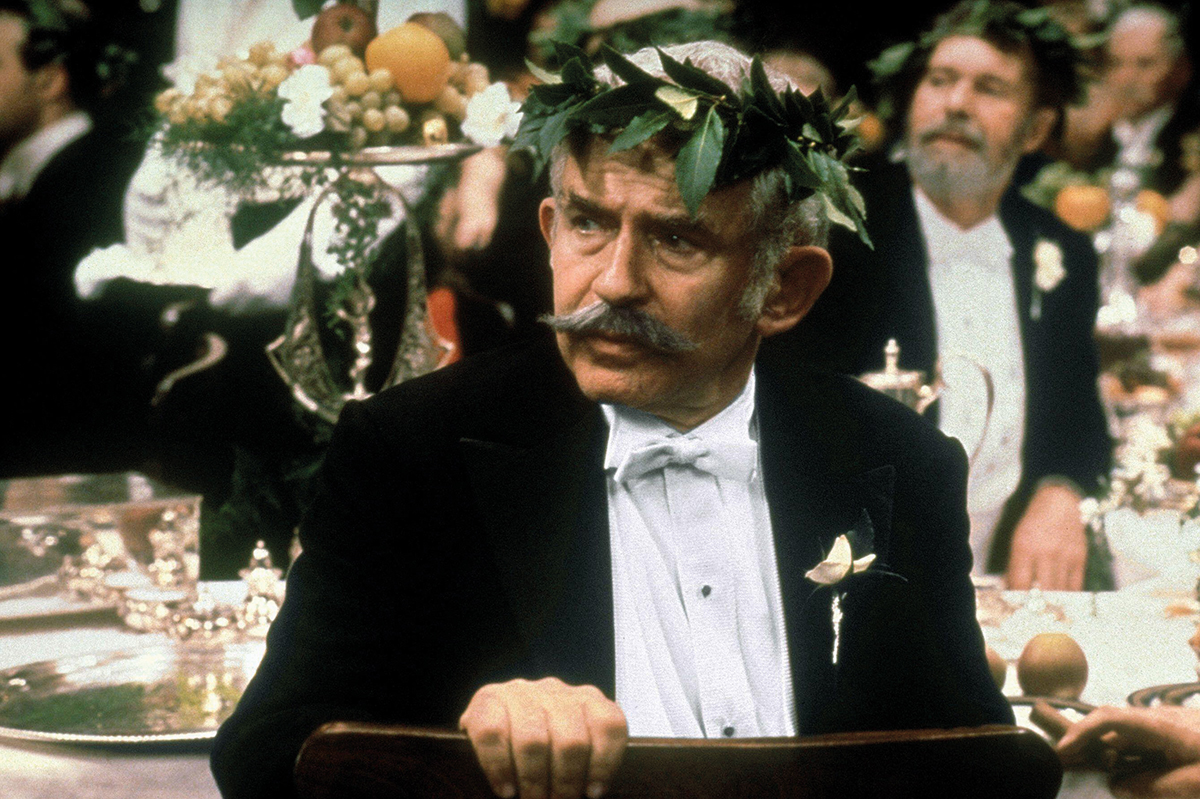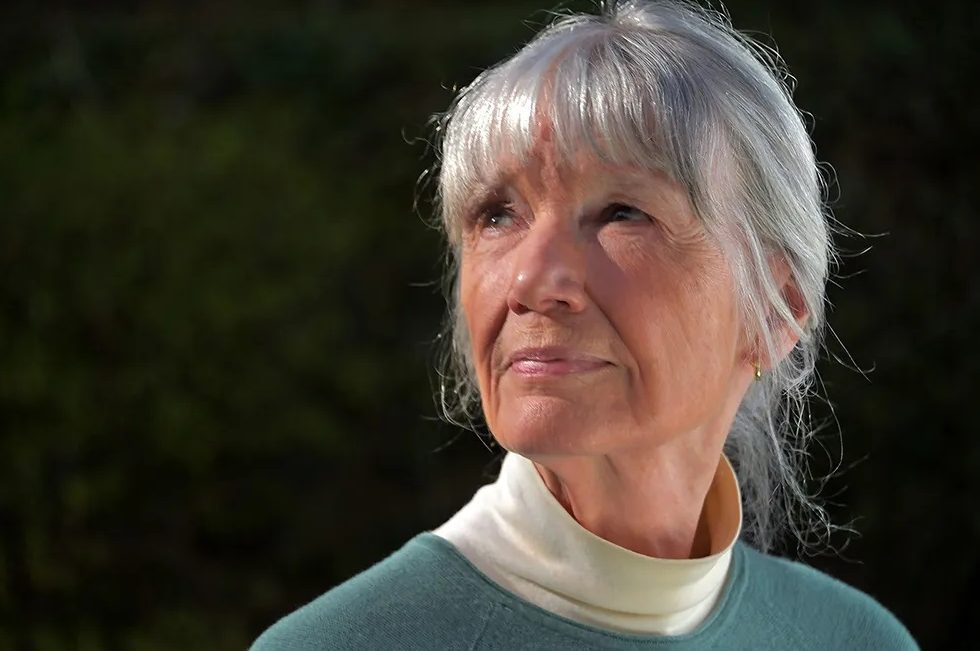Whisper it, very quietly, but the now 87-year-old author Thomas Pynchon is having something of a moment in 2025. Not only has his 1990 novel Vineland supposedly served as the loose inspiration for the eagerly awaited new Paul Thomas Anderson-Leonardo DiCaprio collaboration One Battle After Another, but the near-impossible has been announced: Pynchon will publish a new novel, entitled Shadow Ticket, around the time of the movie’s release. It will be his first book in more than a decade, his ninth novel and his third consecutive noir-influenced story.
Given that Pynchon is the most reclusive major author in American today, expectations might have been for a certain amount of withholding of information before publication, but in fact a lengthy and detailed blurb has been released on his publisher’s website. True to form, Shadow Ticket sounds deeply bizarre, building on his two most recent titles, Inherent Vice (also adapted into a film by Anderson) and 2013’s Bleeding Edge. Set in 1932, it concerns the misadventures of Hicks McTaggart, “a one-time strikebreaker turned private eye” who is sent to locate a Wisconsin cheese fortune heiress.
The book sounds eventful in the extreme – “Before he knows it, he’s been shanghaied onto a transoceanic liner, ending up eventually in Hungary where there’s no shoreline, a language from some other planet, and enough pastry to see any cop well into retirement – and of course no sign of the runaway heiress he’s supposed to be chasing. By the time Hicks catches up with her he will find himself also entangled with Nazis, Soviet agents, British counterspies, swing musicians, practitioners of the paranormal, outlaw motorcyclists, and the troubles that come with each of them, none of which Hicks is qualified, forget about being paid, to deal with.”
But there is also an upside for the put-upon McTaggart. “It’s the dawn of the Big Band Era and as it happens he’s a pretty good dancer. Whether this will be enough to allow him somehow to lindy-hop his way back again to Milwaukee and the normal world, which may no longer exist, is another question.”
Presumably, the novel will be another absurdist comedy in the vein of Inherent Vice, rather than the sprawling historical fantasias of Mason & Dixon – a novel that was only mildly well received on its initial publication in 1997, but which has come to be reassessed as a modern American masterpiece – or Gravity’s Rainbow, a wild, unfilmable book that was denied the Pulitzer Prize that many expected it to win because the judges described it as “unreadable,” “turgid,” “overwritten” and in parts “obscene.” It would be intriguing to know what Pynchon thought of the reception to that, and other books, but his reclusiveness has gone hand-in-hand with a reluctance to give interviews or make public appearances. At a time when most authors are pressured to be visible on Instagram and offer up-to-date accounts of their glamorous lives via whatever websites they belong to, Pynchon’s bloody-minded refusal to play the fame game seems ever more admirable.
It is not a brilliant time for American literary lions. Not only were Cormac McCarthy’s final two books received with bemusement, but subsequent revelations of his lengthy extramarital affair with an admirer – and, it is rumored, much worse to come when his eventual biography is published – have sent his reputation into a tailspin. Pynchon is the last remaining figure of a generation that once included Updike, Roth, Mailer and others, and most of them have been posthumously canceled or held to account. Whether Shadow Ticket is a masterpiece or a flop, it at least represents the final act of one of the most distinguished writing careers of the past century, and should be celebrated for its very existence as much as the contents therein.























Leave a Reply